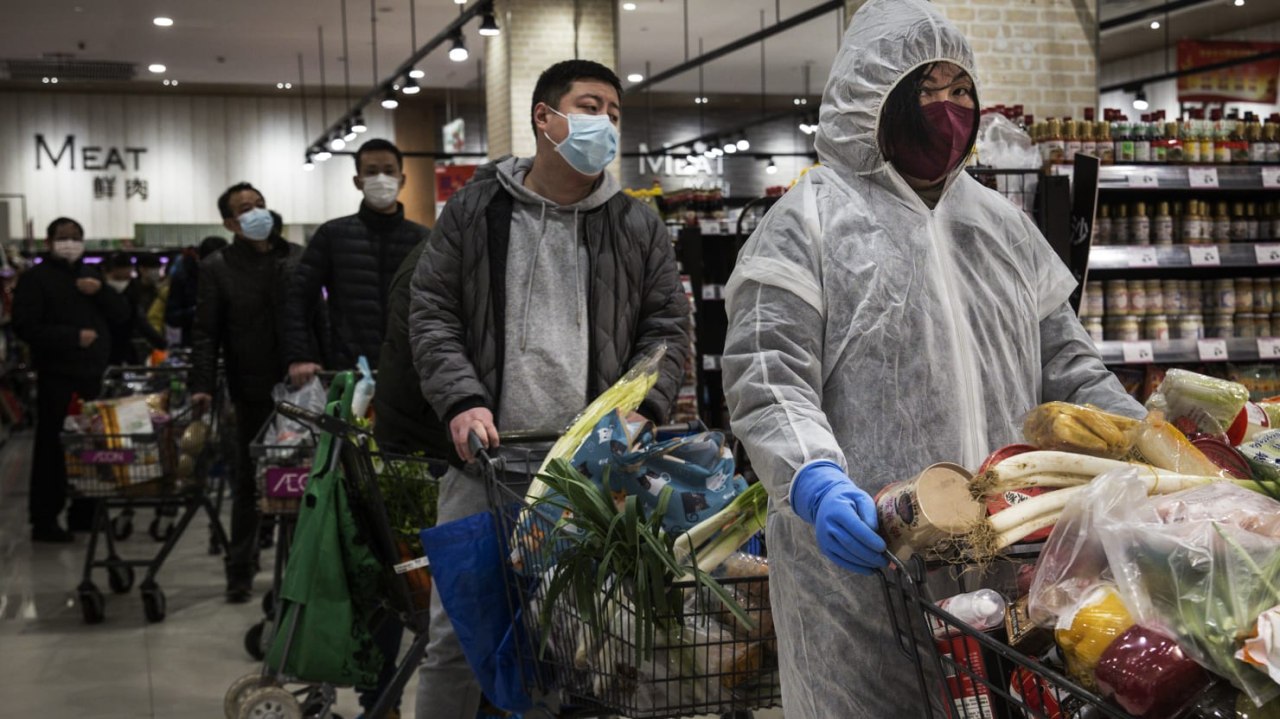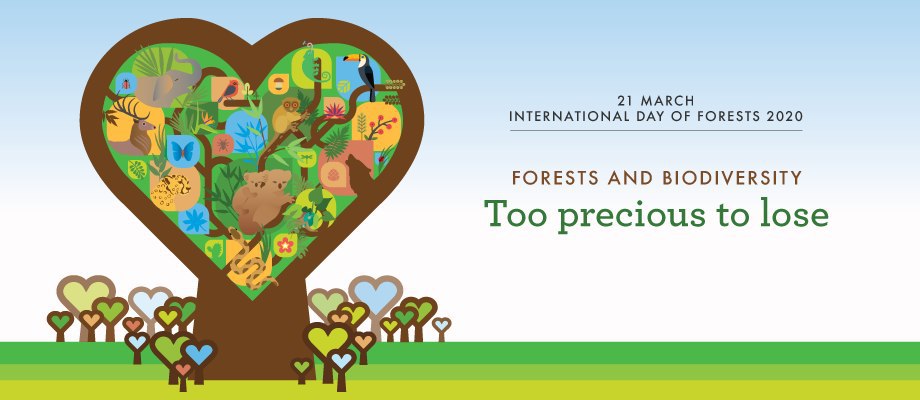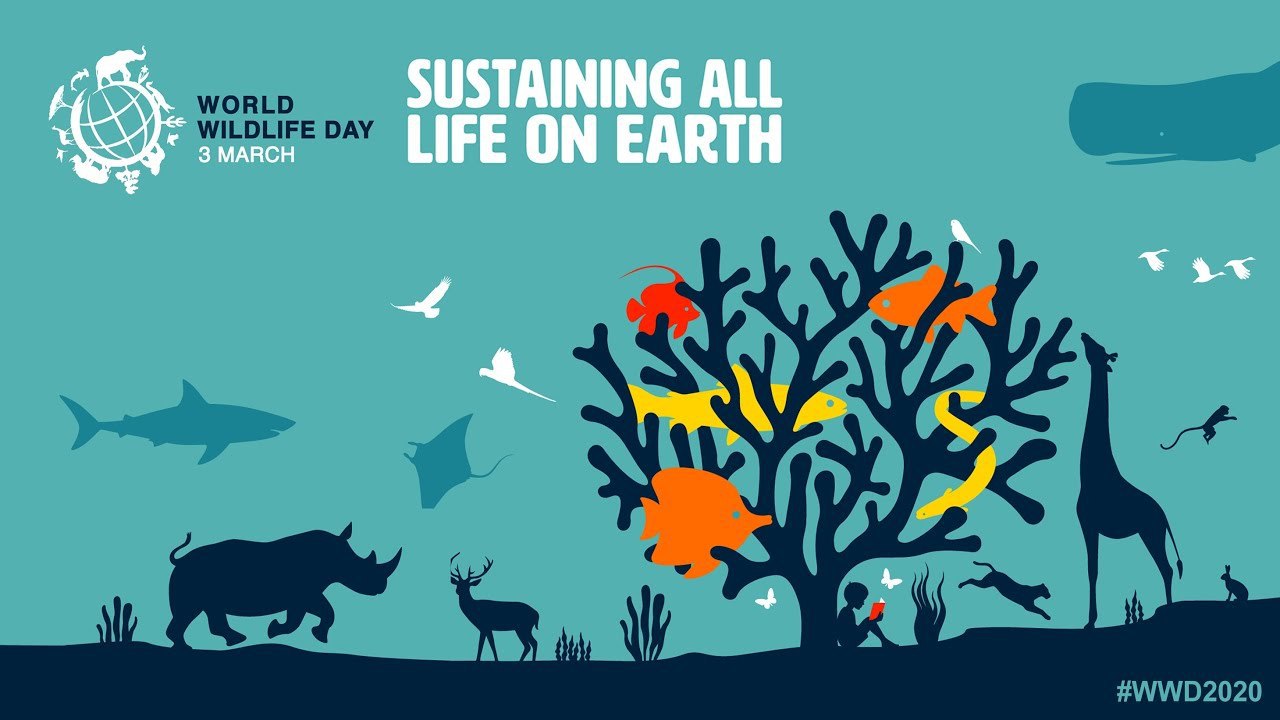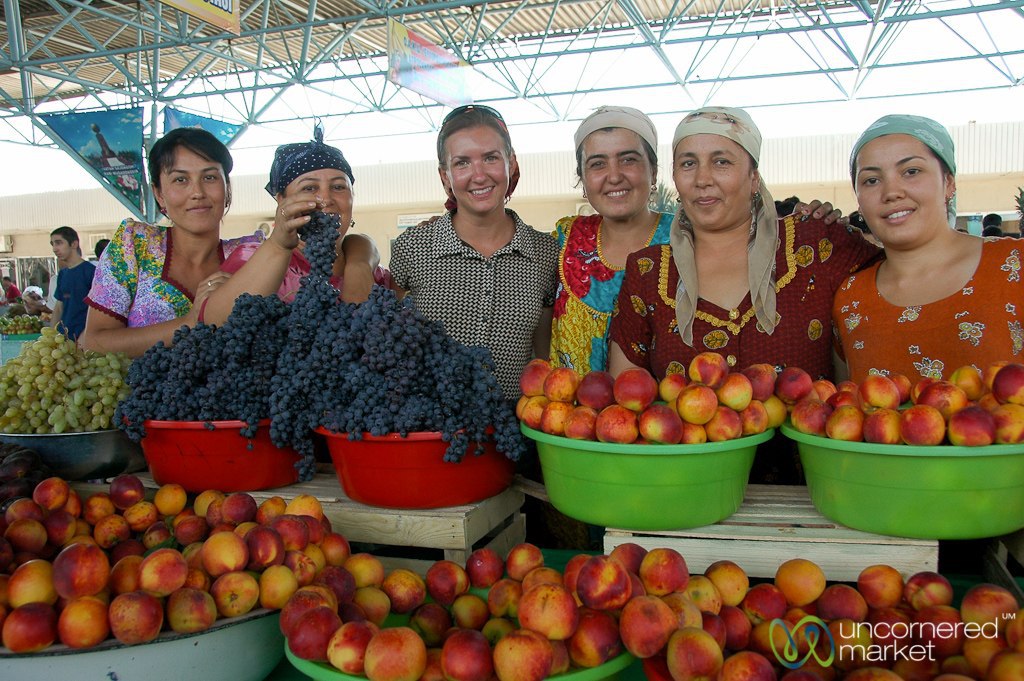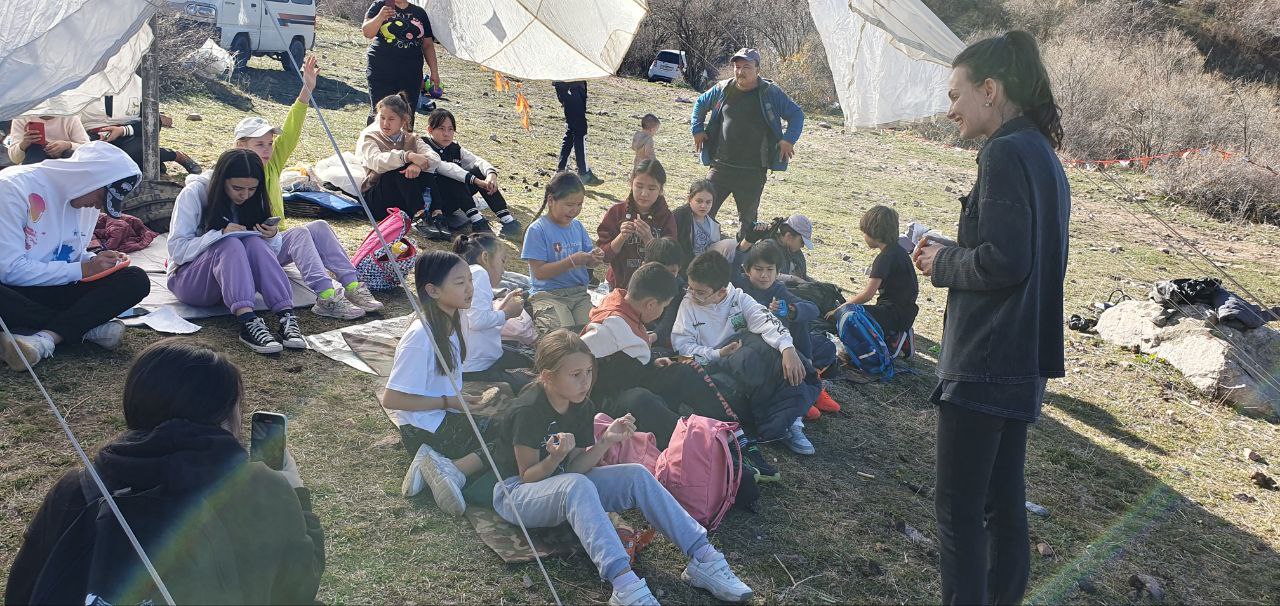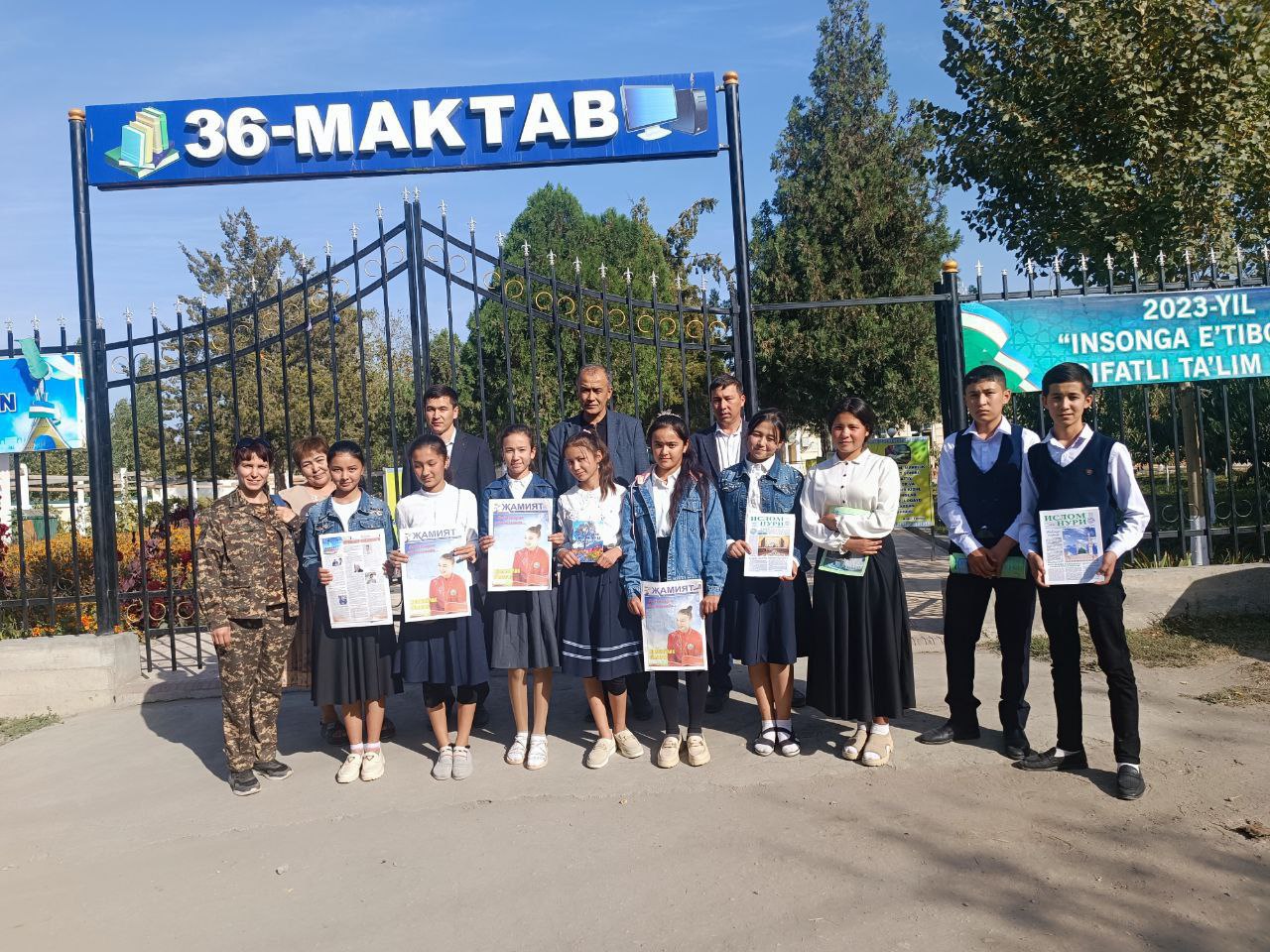COVID-19 and the crisis in food systems: lessons, conclusions and necessary measures.
- Наталья Шивалдова
- elsof en
- Просмотров: 18244
The COVID-19 pandemic exacerbated many problems, including the food security and nutrition crisis. Forced quarantine of COVID-19 threat exposed the main risks in global food systems and brought them closer to a critical point. The reason was that health systems and food security were underestimated and not well protected.
But there are also positive points. For example, the crisis provided insights into new and more sustainable food systems, as communities came together to fill the gaps in food systems and government authorities took extraordinary steps to ensure food production and supply. For all of us, lessons must be learned, and preventive measures taken to transform the food system, which creates sustainability at all levels.
We need transformations that can bring benefits not only to people, but also to the environment, and prevent the spread of dangerous diseases. Now it is important to take into account the possibilities to reduce supply interruptions and trade disruptions, reduce the impact of panic purchases and provide the population with healthy and affordable food. And also provide guarantees of fair wages and safe conditions for workers in the food industry and agriculture, thereby reducing their vulnerability to economic shocks, the risk of infection and the spread of disease.
- What problems did the situation reveal regarding COVID-19 for food systems?
The COVID-19 crisis has shed light on the vulnerability of food systems in four ways:
- Firstly, the likelihood of outbreaks of animal diseases that have a strong impact is increased by keeping a large number of animals in small rooms, narrowing genetic diversity, rapid turnover of animals and fragmentation of the habitat due to the expansion of animal husbandry.
- Secondly, restrictions on the movement of people and goods create serious difficulties for the local population for all countries, without exception, and negatively affect the entire supply chain. Work on the cultivation and collection of agricultural products and beekeeping should be carried out systematically. Farmers are also very vulnerable to economic disruptions. In rural areas, according to estimates by the International Labor Organization, “most jobs do not provide enough income for workers to provide themselves and their families with adequate food.”
- Thirdly, hundreds of millions of people are constantly living on the brink of hunger, malnutrition and extreme poverty and are therefore very vulnerable to the effects of the global recession. Before COVID-19, 820 million people were already malnourished, and 2 billion people were already food insecure. In developing countries, the dangers posed by the pandemic have exacerbated gender issues. All over the world, women and girls are more vulnerable to economic shocks, especially in poor families.
- Fourth, food workers around the world face insecurity and low wages, and as a result are among those most at risk due to economic disruptions in food supply chains. People working in the restaurant or retail business are facing huge losses due to social distance policies and partly due to the overall economic downturn.
- How do food system actors respond to COVID-19? The contours of the new system and the stranglehold of the old.
Food security is an integral part of national security. Improving the provision of food to the population is an important socio-economic task, the solution of which is of great importance both for the development of the state and each specific region.
The vulnerability of food systems to climate and disease-related disabilities was evident long before the COVID-19 crisis. In fact, food systems have repeatedly been destabilized as a result of shocks, from the oil crisis of the 1970s to the spike in commodity prices in 2007-2008, as well as outbreaks of atypical pneumonia and Ebola.
The crisis has given an idea of what new and more sustainable food systems might look like. Governments at various levels quickly took steps to protect workers and the right to food - often working in concert with civil society. Many countries have taken steps towards healthy and sustainable food systems.
In other words, industrial food systems must be re-developed, now taking into account climate change and ecosystem conservation, as well as the creation of food systems that are resistant to pandemics and other possible shocks.
- What awaits us in the future: innovation or routine?
Understanding the vulnerability of our food systems should not go unnoticed. The pace of new zoonotic epidemics and pandemics is accelerating. Therefore, the following steps are critical to creating sustainability at all levels:
Recommendation No. 1. Taking urgent measures to protect the most vulnerable sectors of society.
Measures must be taken to maintain access to food and ensure security in the midst of a public health crisis. Governments must urgently establish or strengthen social protection mechanisms and emergency food assistance programs that protect the most vulnerable, including infants and children, the elderly, people with disabilities and those living in poverty - many of whom already rely on food assistance. All measures should also be compatible with a wide range of cultural, socio-economic or geographical conditions that may affect public health responses. Countries should be able to take these steps without fear of harming their public finances and, without diverting resources, from other pressing problems.
Recommendation No. 2. Creation of sustainable agroecological food systems.
A paradigm shift from industrial agriculture to diversified agroecological systems is more relevant than ever. Agroecology creates sustainability by combining the natural synergies of various species of plants and animals and their biological characteristics of protection and adaptability, based on safe means for soil regeneration and pest control.
Territorial markets and short supply chains are often a key component of agro-ecological systems and can increase access to fresh food, provide greater value to farmers and reduce vulnerability to disruptions in international markets. In the long run, agrarian reform will also be needed to reduce inequalities in access to land, especially for millions of smallholder farmers.
Recommendation No. 3. Rebalancing economic power for the public good: a new treaty between the state and society.
Serious gaps in governance have emerged, primarily due to inadequate investments in public health and food security. Although some government agencies have taken extraordinary steps to provide food, as a result of the crisis, many people have remained completely dependent on the charity and solidarity of their neighbors - from which they cannot be expected to meet their basic needs. However, COVID-19 has shown that governments can act in the name of well-being and act most effectively when they deliver core centralized functions while providing resources and coordinating actions at the regional and local levels.
Moreover, to prevent all possible monopolistic practices. As supply chain uncertainty and an unpredictable future, many small and medium-sized agri-food companies may be on the verge of bankruptcy or under significant pressure from shareholders. Therefore, all possible activities on the “mergers and acquisitions" of production should be subjected to a particularly careful analysis at the time of the crisis and after emerging from it.
Recommendation No. 4. Reforming the management of international food systems.
The crisis also provides an excellent opportunity to rethink the 2021 Food Systems Summit and reorient it towards sustainability and agroecology, building on a democratic debate. UN conventions on climate change and biodiversity are approaching crucial conferences at the end of 2020, which focus on agriculture.
International expert group on sustainable food systems.



